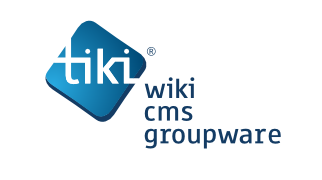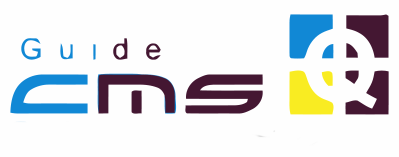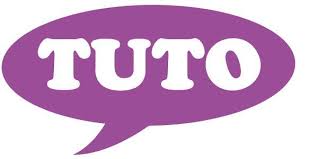
Tiki Wiki CMS Groupware: Detailed Technical Description
📅 Release Date
Tiki Wiki CMS Groupware (often shortened to Tiki) was launched in 2002.
📝 License
Tiki is an open-source software licensed under the GNU General Public License (GPL) v2 or later.
💻 Programming Language
Tiki is primarily developed in PHP.
🏛️ Architecture
- Modular and monolithic architecture, where all features are built into the core.
- Profile-based configuration system to adapt the CMS for different use cases.
📂 Database Support
Tiki supports multiple database systems, including:
- MySQL
- MariaDB
- PostgreSQL (experimental)
⚙️ Main Features
✅ All-in-one CMS and Groupware: Blog, wiki, forums, FAQs, file management, calendar, etc.
✅ Advanced content editor: Supports WYSIWYG and wiki syntax.
✅ Advanced user management: Customizable roles, permissions, and user groups.
✅ Multilingual: Native support for multiple languages.
✅ SEO-friendly: URL rewriting, meta tags, and optimization options.
✅ Themes and customization: Template system based on Smarty.
🔥 Advanced Features
🚀 Built-in wiki integration: Ideal for documentation and collaborative work.
📊 Dashboards and reporting for activity tracking.
🔌 Extensions and plugins included natively, without third-party dependencies.
🔗 Connectivity with LDAP, OpenID, SAML, CAS for authentication.
📦 Project and task management with built-in collaboration tools.
💡 Custom forms and databases without coding.
🔐 Security
🔹 ACL (Access Control List) for granular access control.
🔹 Protection against SQL injection and XSS attacks.
🔹 Multi-factor authentication available.
🔹 Built-in backup and revision management.
🔹 Native HTTPS support and specific permission settings.
✅ Pros and Cons
✅ Pros
✔️ All-in-one solution: Wiki, forums, file management, e-learning, etc.
✔️ No reliance on external plugins: All features are included.
✔️ Highly flexible: Adaptable for various use cases (education, business, intranet, etc.).
✔️ Active community and frequent updates.
✔️ Multilingual and fully internationalized.
❌ Cons
❌ Less intuitive interface compared to WordPress or Joomla.
❌ Can be resource-heavy due to its monolithic architecture.
❌ Fewer themes and extensions compared to other popular CMS platforms.
❌ Steeper learning curve for new users.
🌐 Official Website
Would you like more details on a specific aspect?



